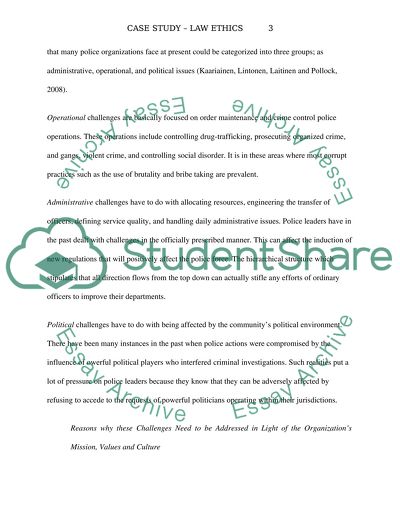Cite this document
(“Ethics Case Study Example | Topics and Well Written Essays - 1750 words”, n.d.)
Ethics Case Study Example | Topics and Well Written Essays - 1750 words. Retrieved from https://studentshare.org/law/1475189-ethics
Ethics Case Study Example | Topics and Well Written Essays - 1750 words. Retrieved from https://studentshare.org/law/1475189-ethics
(Ethics Case Study Example | Topics and Well Written Essays - 1750 Words)
Ethics Case Study Example | Topics and Well Written Essays - 1750 Words. https://studentshare.org/law/1475189-ethics.
Ethics Case Study Example | Topics and Well Written Essays - 1750 Words. https://studentshare.org/law/1475189-ethics.
“Ethics Case Study Example | Topics and Well Written Essays - 1750 Words”, n.d. https://studentshare.org/law/1475189-ethics.


